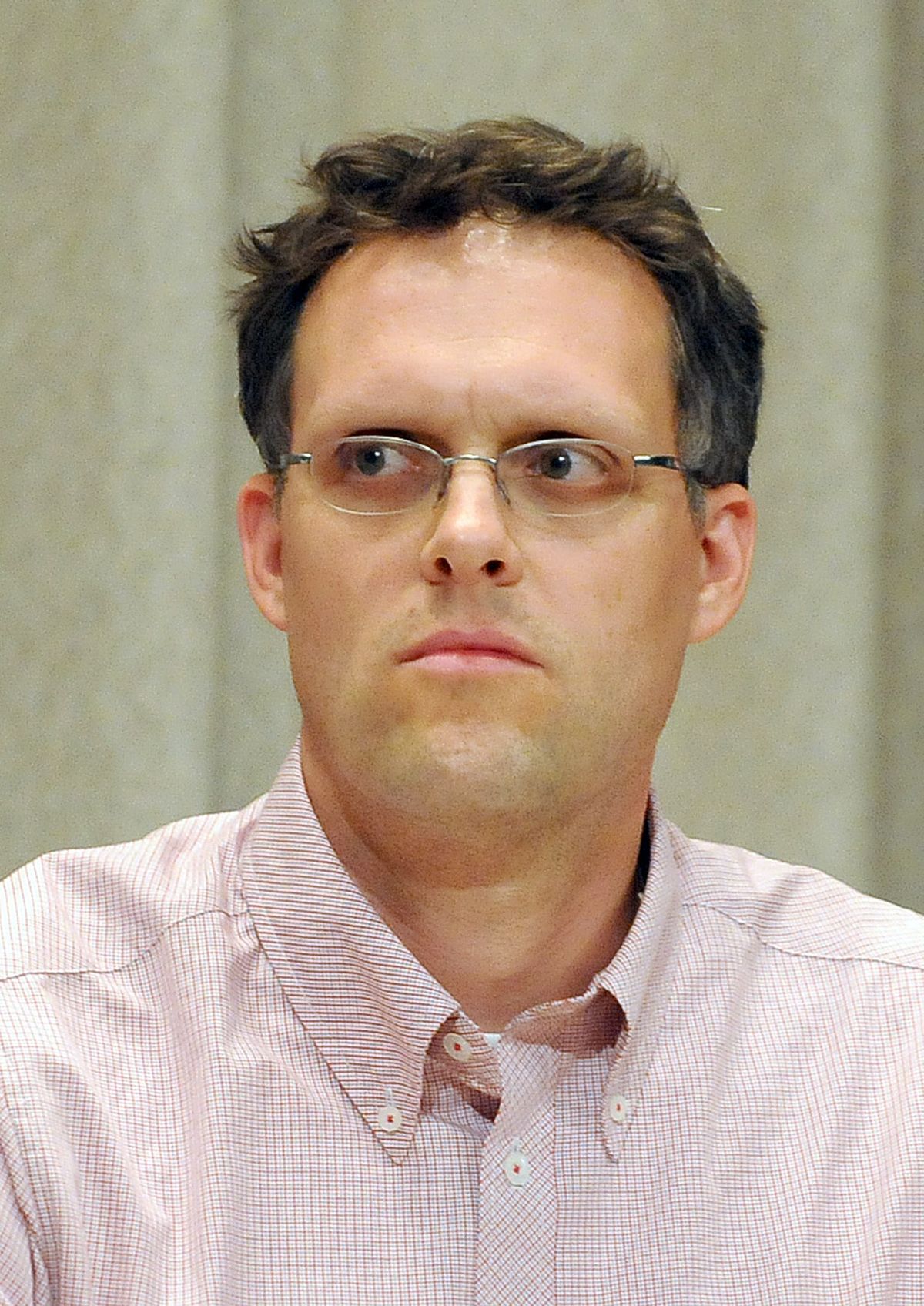Spokane City Council shift seems likely
New members expected to stress environmental issues

The results of Tuesday’s election signal a shift on the Spokane City Council and the possible creation of a new voting bloc that will put more emphasis on the environment and alternative transportation and be less friendly to big-box development.
By the end of the month, Jon Snyder, publisher of Out There Monthly, will take over for Councilman Mike Allen. Early next year Amber Waldref, development director of The Lands Council, will replace architect and developer Al French, who is term limited.
“We’ll spend a lot more time looking to the future a little bit more with the environment and development,” said former Spokane Mayor Sheri Barnard.
But former Councilman Brad Stark said the new direction of the council could take emphasis from fiscal responsibility. While he was on the council, Stark fought for the creation of the rainy-day fund that the city likely will use next year to help balance its budget.
“I’ll admit that I have some concern about the fiscal health of the city moving forward,” he said.
Former Spokane chief operating officer John Pilcher hesitated to prognosticate how the new council will vote, but said “there does appear to be a shift.”
Pilcher is the chairman of the Inland Northwest Coalition, the political action committee that supported Allen, as well as Councilwoman Nancy McLaughlin’s successful bid for re-election. The group took no position in Waldref’s race.
“It’s a balancing act to have regulations that protect the environment that at the same time allows appropriate development,” Pilcher said of the new council.
City Councilman Richard Rush, who cast the lone vote against changing rules to allow big-box stores in the Southgate neighborhood, praised Allen as an honest and hardworking councilman, but said he backed Snyder because his positions aligned more with Snyder’s.
“It is great to vote with the majority of the Council 97 percent of the time to carry on the mission of the city. But on the critical 3 percent of decisions, the ones that will shape the future of this city, too often I have come up on the short end of a 6-1 vote,” Rush wrote in a statement endorsing Snyder.
During the campaign, Snyder called Allen’s vote in favor of rules allowing big-box stores “reckless.” Waldref said she also likely would have sided with Rush.
Rush dismissed concerns such as those stated by Stark. Too often, leaders have sacrificed long-term economic development potential for short-term gain by promoting development like big-box stores, Rush said. The city could improve its long-term health by building the infrastructure needed to attract employers and businesses looking for a higher quality of life, Rush said.
Other former leaders said it’s hard to predict the direction of the new council – especially because of the city’s current fiscal state. After solving next year’s $7 million deficit, city leaders say they expect a similar or worse budget challenge in 2011.
“It’s going to be a challenge to integrate their goals with reality,” said former Councilwoman Phyllis Holmes, who supported Snyder and Waldref.
Still, she said, she expects the new council to have better connections to neighborhoods and to be more open to exploring alternative forms of transportation.
“I don’t think of it in terms of left or right,” Holmes said. “I think of it in terms of stodgy or energetic.”
Former Mayor Dennis Hession, who didn’t endorse candidates in Snyder’s or Waldref’s races, said it’s most important for strong leadership to emerge on the council as experienced members leave.
“Ideology tends to wash out a bit as you take on the role of a council member,” Hession said.